Canadian Council on Invasive Species/Nova Scotia Invasive Species Council Location: This position is remote from anywhere in Nova Scotia, with occasional travel within the province Duration: Full-time; Permanent Hours: 37.5/week Salary: $53,000-$58,000 Start Date: The start date for this position is flexible, with a preference for the beginning of January 2024. About Us The Nova… Read More
EVENT: National Horticulture & Invasive Species Conference
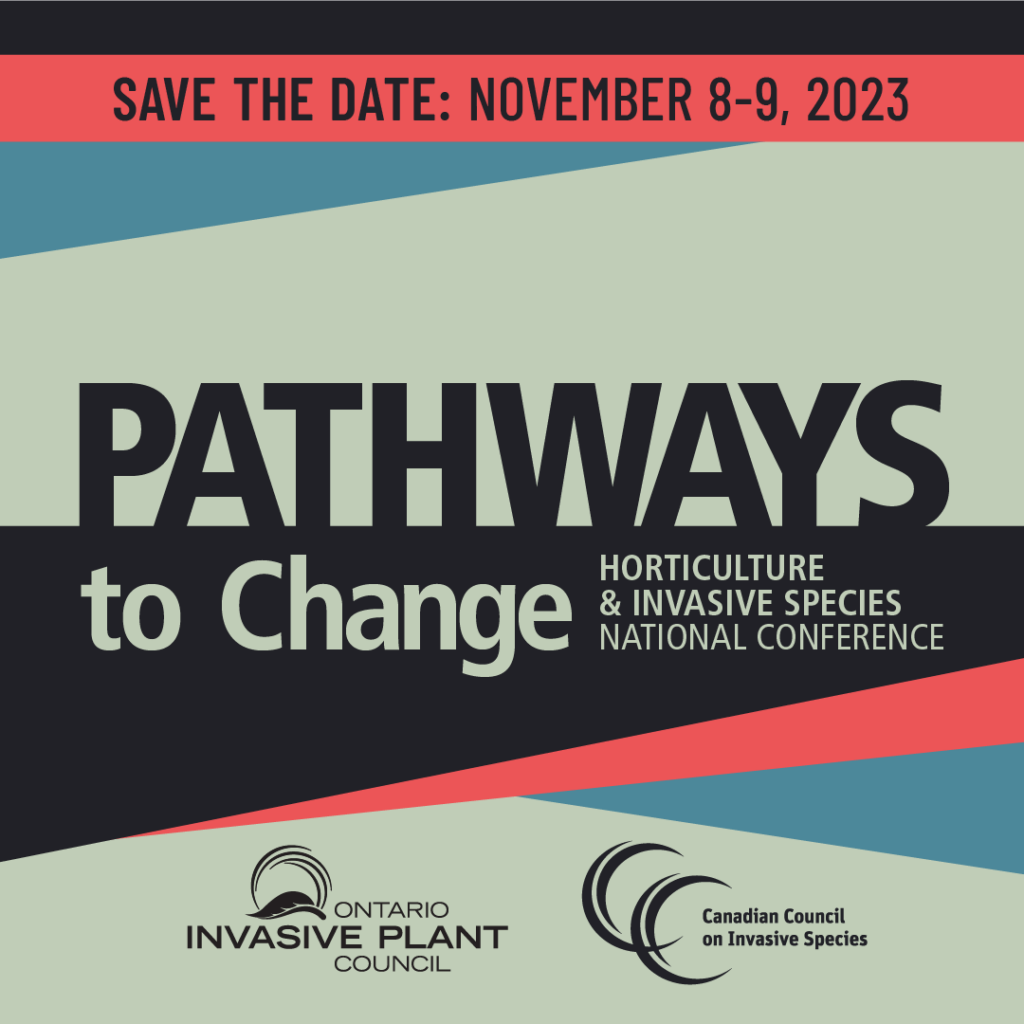
“Pathways to Change” National Conference held virtually November 8-9, 2023 Event Description: Calling all growers, landscapers, retailers, master gardeners, farmers, fruit and vegetable growers, government agencies, environmental organizations, Indigenous partners, organizations, and groups, among others to join us at the first national Horticulture and Invasive Species Conference in Canada. This event aims to connect industry,… Read More
Reporting priority invasive and migratory insects
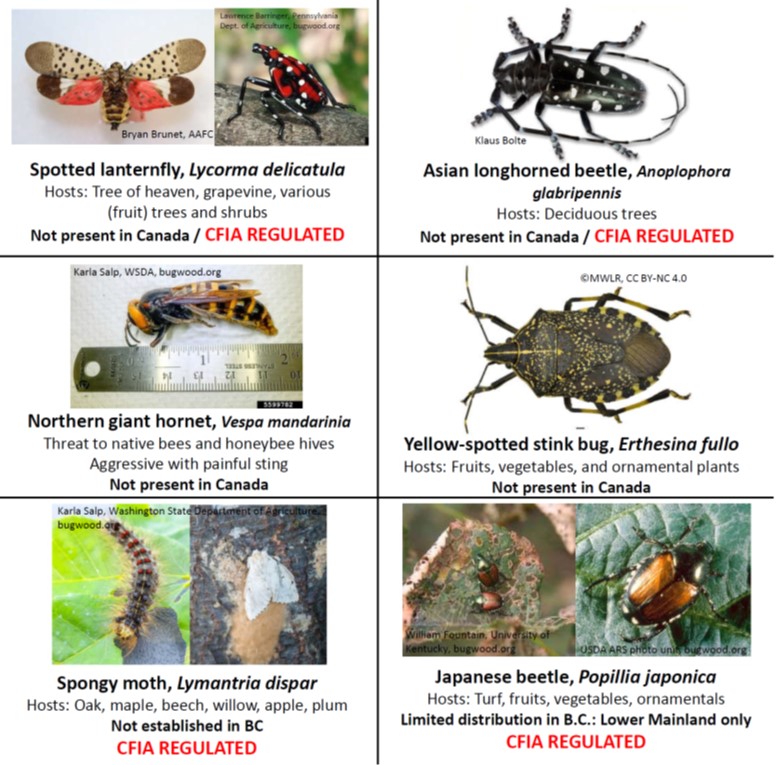
Do you spend time monitoring, photographing or observing insects? If so, your help is needed to watch for and report invasive and migratory insect pests that harm plants, causing damage to Canada’s environment, farm lands, forests, parks and other natural areas. Early detection is critical for slowing the spread of these insect pests. View the… Read More
Event: Transboundary Feral Swine Summit
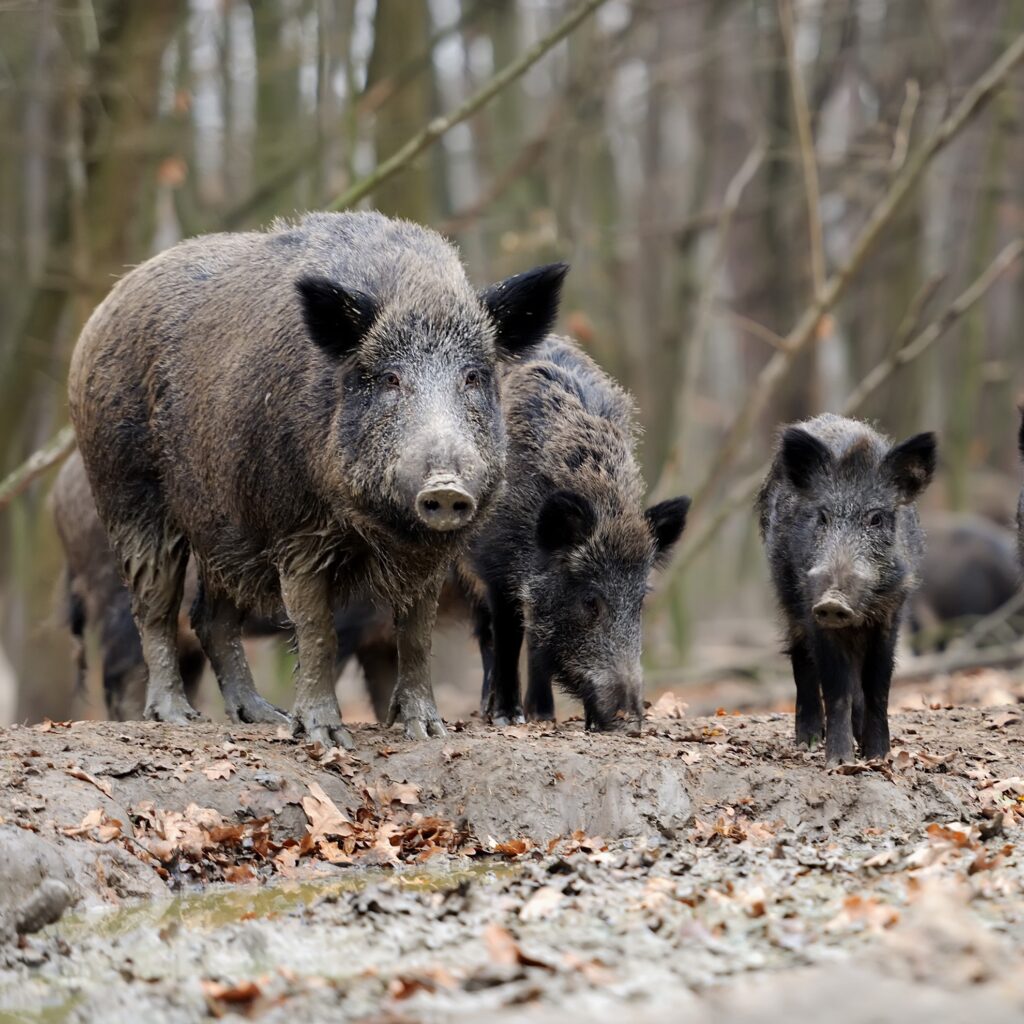
Join the Transboundary Feral Swine Summit @ the PNWER Annual Summit July 18-19, 2023 The Canadian Council on Invasive Species is one of the co-chair of the Transboundary Feral Swine Working Group which in partnership with the PNWER Invasive Species, the Cross-Border Livestock Health Working Groups, and USDA APHIS are organizing the sessions. The sessions… Read More
Squeal on Pigs! North American Partnership Asks For Help Protecting Agriculture, Land, Water and Resources

For Release: June 14, 2023 HELENA–The message is clear. Squeal on Pigs! A North American partnership formed to prevent the spread and establishment of feral swine have released a new campaign promoting awareness and reporting of feral swine. “Across North America feral swine are also known as wild pigs, wild boar, hogs, or other names,”… Read More
Play Clean Go Week: June 4-11

Save the Date: Play Clean Go Week is almost here! “Play Clean Go Week” is an annual event held in June and promoted across North America, with partners in Canada, the US, and Mexico. Play Clean Go Week aims to raise awareness about the importance of preventing the spread of invasive species while enjoying outdoor… Read More
New Program Empowers Pet and Aquarium Retailers to Reduce the Spread of Invasive Species

New Program Empowers Pet and Aquarium Retailers to Reduce the Spread of Invasive Species FOR IMMEDIATE RELEASE (May 19, 2023) Many pets and aquarium plants still being released and dumped in the wild, are on the world’s worst invasives list. The Canadian Council on Invasive Species (CCIS) and Invasive Species Council of BC (ISCBC) have partnered… Read More
Save the Date: National Horticulture & Invasive Species Conference
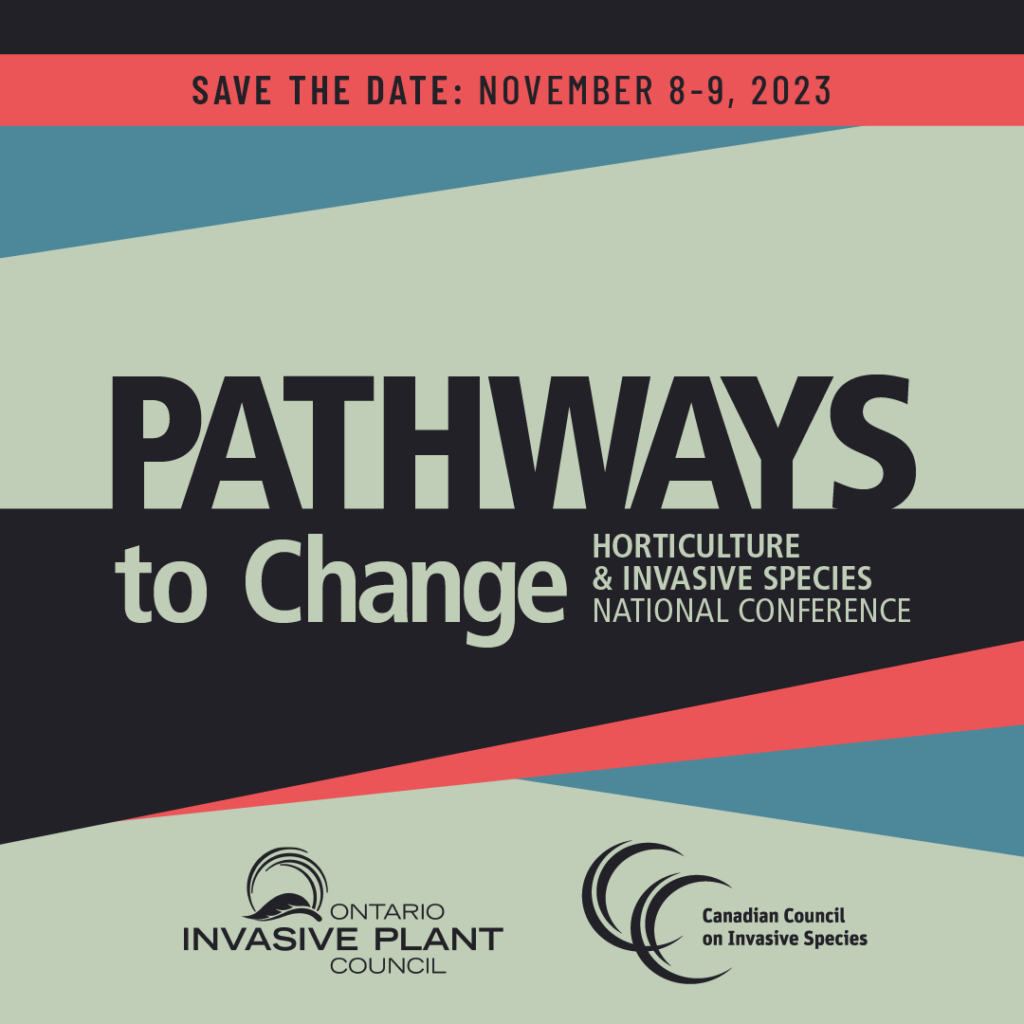
We are very excited to offer Canada’s FIRST National Horticulture and Invasive Species Conference, hosted by the Canadian Council on Invasive Species in partnership with the Ontario Invasive Plant Council and industry. This two-day event will take place VIRTUALLY on November 8th, 2023, and November 9th, 2023, 11am – 5pm EST. The Theme for Canada’s FIRST National… Read More
Expression of Interest – National Invasive Species and Climate Change Network
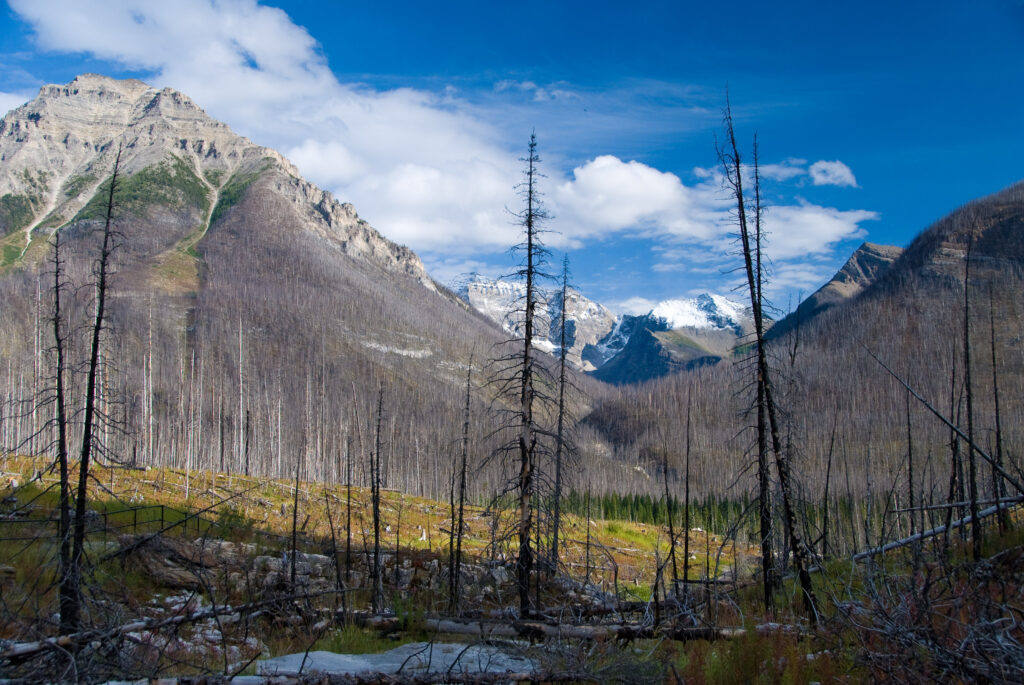
Supporting invasive species & climate change efforts – join the NISCC Team now! As the climate and biodiversity crises heighten, communicating the linkages between invasive species and climate change among researchers, policy makers, and invasive species managers is essential. The Canadian Council on Invasive Species (CCIS) is growing a National Invasive Species and Climate Change (NISCC)… Read More
2023 National Winter Webinar Series
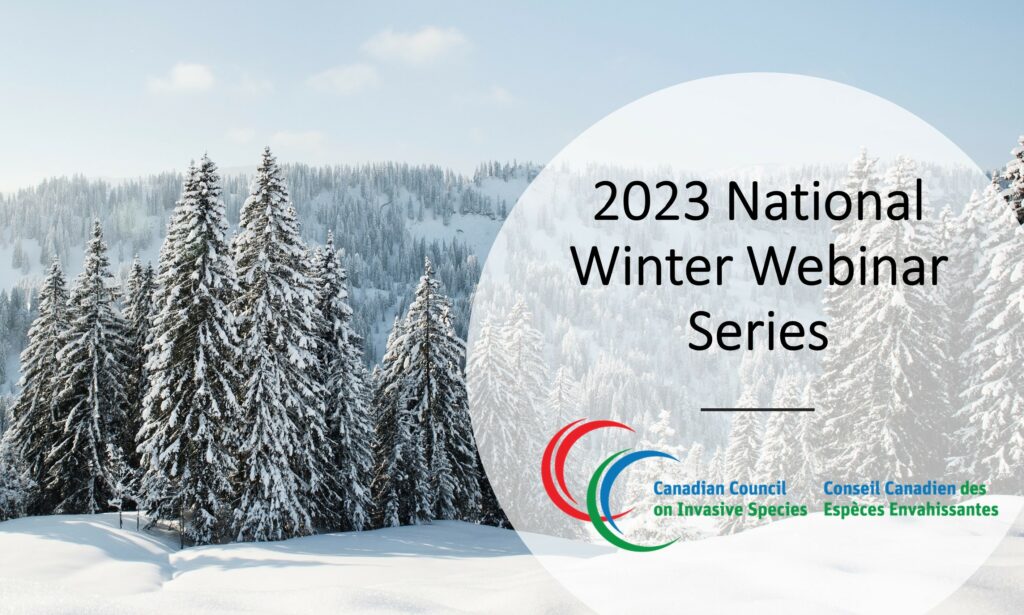
The National Invasive Species Winter Webinar series is here! Kicking off during February’s Invasive Species Awareness Week #ISAW (February 20-24), CCIS is working closely with partners to deliver a range of speakers that will highlight projects and research helping to promote awareness and tackle emerging invasive species issues across Canada. Webinars will be held on… Read More

